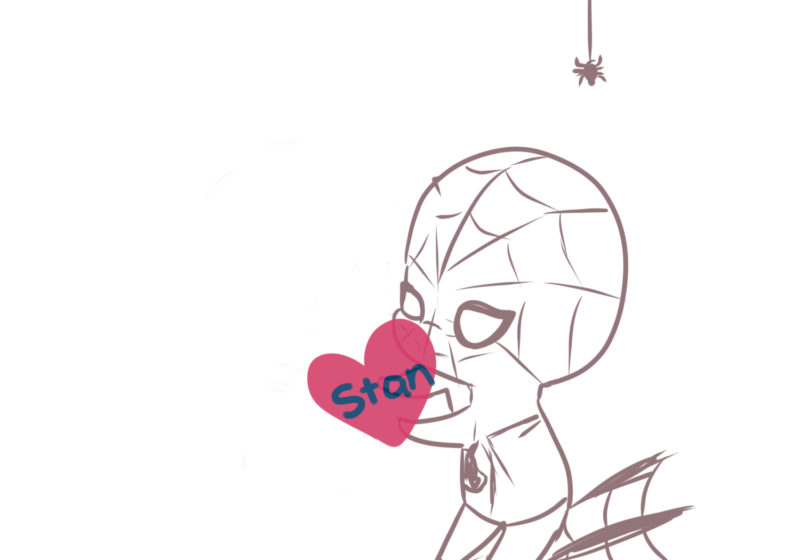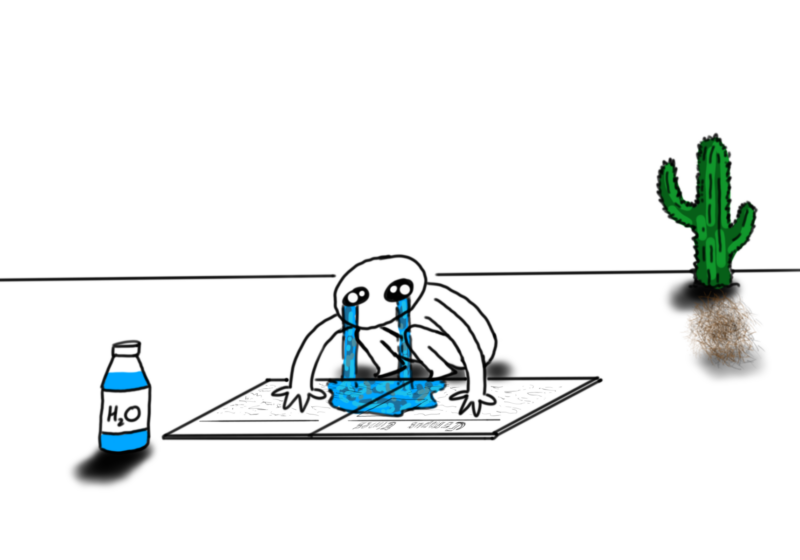We can sling words about Grandpa Marvel all day ― visionary, salesman, genius, liar. But everyone agrees the artistic world would have been measurably different without him.
Stan Lee reinvigorated the comic book industry and laid a foundation for a multi-billion dollar movie-verse.
But would we have missed this comic-book renaissance without Lee? Do we really believe that shared universes wouldn’t have emerged in comic books? And do we really believe that the film industry wouldn’t have successfully capitalized on this?
We can’t know the answer to any hypothetical. But since we can guess at some things with a degree of confidence, here are some things that probably would have been considerably delayed if not for Stan Lee.
The Marvel Method
When Lee was overwhelmed with work in the ’60s, he took shortcuts. He stopped writing full scripts and gave his artists a plot outline. Eventually, he even stopped with the outlines, and began passing on just a few words.
The artist gained more visual freedom to craft the story, effectively becoming a writer. Eventually, comics saw a new visual flexibility. Artists weren’t pinned to the scripts of wordy writers. The figures and scenes that arose, like most of Jack Kirby’s subsequent work, came from an artist’s heart.
Others followed this method and adopted it as a standard. This top-down collaborative method was so economic that it bled into other media like film and is pervasive today.
Personality
Lee’s abilities in the real world were magnetic. With every upcoming project, Lee was there to assure us that it would blow everyone away. The media identifies this as a marketing ploy, but it was so much more. Lee’s premature-grandad persona didn’t just play up his short-term projects.
The caricature instead was an embodiment of the value of Stan Lee ― what he thought life meant, what he thought life was. Every comic book penned by him was an approximation of this value. Lee’s greatest tangible contribution was his personality, emulated and adopted by countless writers and artists after him. This, with his success, allowed comic book writers to not be embarrassed about talking about their profession. The man who adopted a pen name to avoid being labeled a comic writer gave power to the identity of the profession itself.
He Got People
Stan Lee understood the human being.
All his tangible achievements were a direct result of this. The Marvel Method came from a realization that artists could capture stories he’d imagined, maybe better than he would. The shared universes came from his insight of the social character of people. The family dynamics of the Fantastic Four, the pariah complexes of the X-Men, and the humanity of Spider-Man came from this intuition. And his larger-than-life personality was a capitalization on this knowledge.
When Lee went into comics, he wanted to one day write a Great American Novel. He ended up writing many. Too many to count.
Correction (12/3/2018): A sentence edited to say “But would we have this comic book renaissance without Lee?” has been revised to adhere to the writer’s original meaning: “But would we have missed this comic book renaissance without Lee?”






